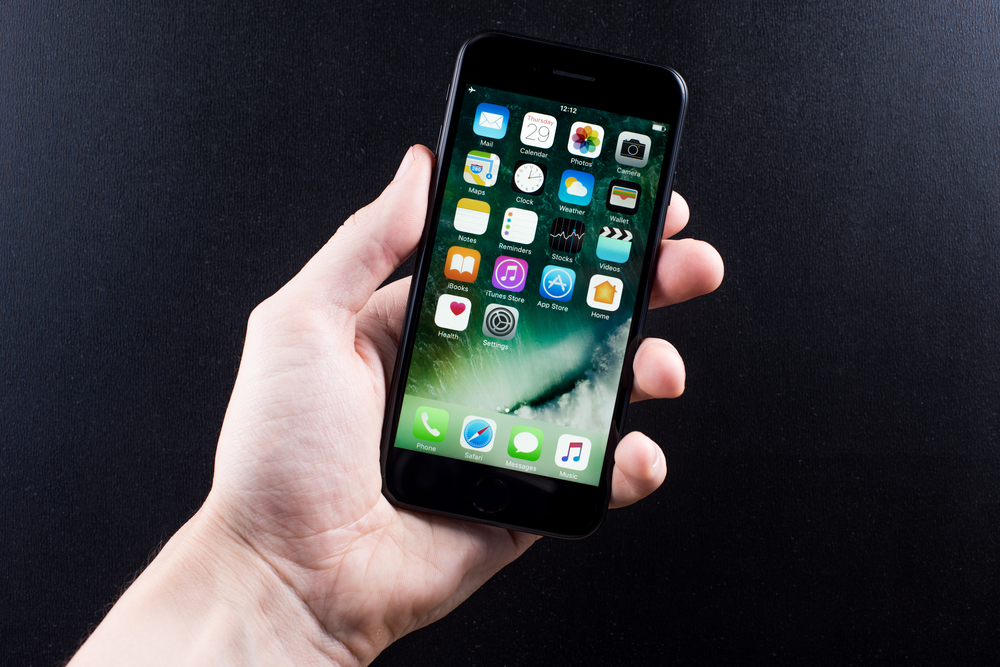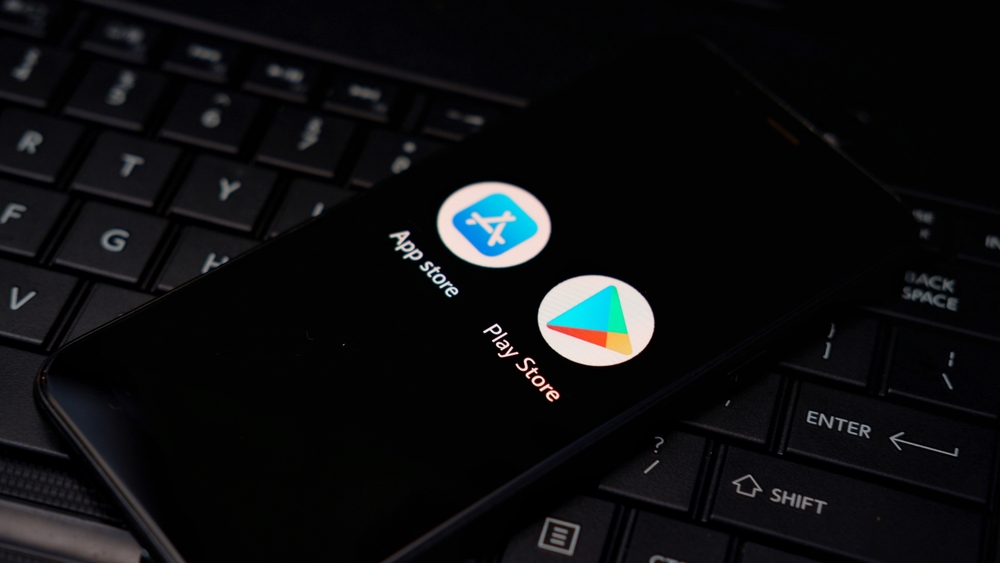
Mastering Mobile App Marketing: Effective Strategies for Promotion and Success!

Mobile apps have become an integral part of our daily lives. With over 2.87 million apps available in the Google Play Store and 1.96 million in the Apple App Store, the competition to stand out in the mobile app market is fierce. Creating a great app is just the beginning; the real challenge lies in effectively marketing and promoting your mobile app to ensure its success. In this article, we will explore some proven strategies for mastering mobile App Store or Google Play app marketing.
The Importance of Mobile App Marketing
mobile iOS or Android app marketing plays a crucial role in the success of your app. Without proper marketing, your app could get lost in the sea of millions of other apps, no matter how innovative or useful it is. Effective app marketing helps you increase visibility, acquire more users, and ultimately drive app downloads and revenue.
1. Understand Your Target Audience
In order to effectively market your mobile Android or iOS app , you need to have a clear understanding of your target audience. Who are the people that would benefit most from using your app? What are their demographics, interests, and pain points? Conduct thorough research to gather insights about your target audience, and use that information to tailor your marketing strategies. By knowing your target audience, you can create compelling content and target the right channels to reach them.
2. Optimize Your App Store Listing
Your app store listing is the first impression users get of your app, so it's crucial to optimize it for maximum visibility and downloads. Start by selecting a catchy app name that reflects its purpose and includes relevant keywords. Write a concise and compelling app description that highlights the unique features and benefits. Add screenshots and videos that showcase the app's functionality and user interface. Lastly, don't forget to include relevant keywords in your listing to improve search rankings.
3. Leverage App Store Optimization (ASO)
App Store Optimization (ASO) is the process of improving the visibility of your app in the app store search results. It involves optimizing various elements of your app store listing, including app title, keywords, app description, and screenshots. By focusing on ASO, you can drive organic traffic to your app and increase the chances of app downloads. Regularly analyze and tweak your app store listing to stay ahead of your competitors and improve your ASO efforts.
4. Create Engaging App Preview Videos
App preview videos give users a quick overview of your app's features and functionality. A well-crafted and engaging app preview video can significantly impact the decision-making process of potential users. Keep the video short, around 30 seconds, and focus on demonstrating the app's key features and benefits. Utilize captivating visuals, voiceovers, and text overlays to showcase the unique aspects of your app that set it apart from others.
5. Use Social Media for Promotion
Social media platforms provide an excellent opportunity to promote your mobile app to a vast audience. Leverage platforms like Facebook, Instagram, Twitter, and LinkedIn to create brand awareness and engage with potential users. Create compelling content that showcases your app's features, offers tips and tutorials, and encourages user feedback. Collaborate with influencers in your industry to reach a wider audience and generate buzz around your mobile Google Play or App Store app .
The Frequently Asked Questions
1. How long does it take to see results from mobile app marketing?
The time it takes to see results from mobile app marketing can vary depending on several factors, including the effectiveness of your marketing strategies, the competition in your app's niche, and the quality of your app itself. Generally, it is advisable to give your marketing efforts at least a few months before expecting significant results.
2. Is it necessary to invest in paid advertising for my mobile app?
While paid advertising can be beneficial for promoting your mobile app, it is not always necessary. Organic methods like app store optimization, social media marketing, content marketing, and influencer collaborations can also help you gain traction and drive app downloads without a significant monetary investment.
3. How can I measure the effectiveness of my mobile app marketing campaigns?
Measuring the effectiveness of your mobile app marketing campaigns is crucial to optimize your strategies and maximize results. Utilize analytics tools like Google Analytics, Firebase, or third-party attribution platforms to track important metrics such as app downloads, user engagement, retention rate, and conversion rate. Regularly analyze these metrics to gain insights into your app's performance and make data-driven decisions.
4. Should I launch my app on multiple platforms simultaneously?
The decision to launch your app on multiple platforms simultaneously depends on various factors, including your target audience, available resources, and market demand. Launching on multiple platforms allows you to reach a larger user base, but it also requires additional development and maintenance efforts. Assess your resources and target audience preferences to determine if simultaneous multi-platform launch is the right strategy for your app.
5. How important is user feedback for mobile app marketing?
User feedback is crucial for mobile app marketing as it helps you identify areas for improvement and provides valuable insights into user preferences. Actively encourage users to provide feedback through in-app prompts or surveys, and analyze their suggestions to enhance the user experience. Additionally, positive user reviews and ratings can significantly impact the credibility and visibility of your app in the app stores.
Other useful resources
- https://en.wikipedia.org/wiki/IOS